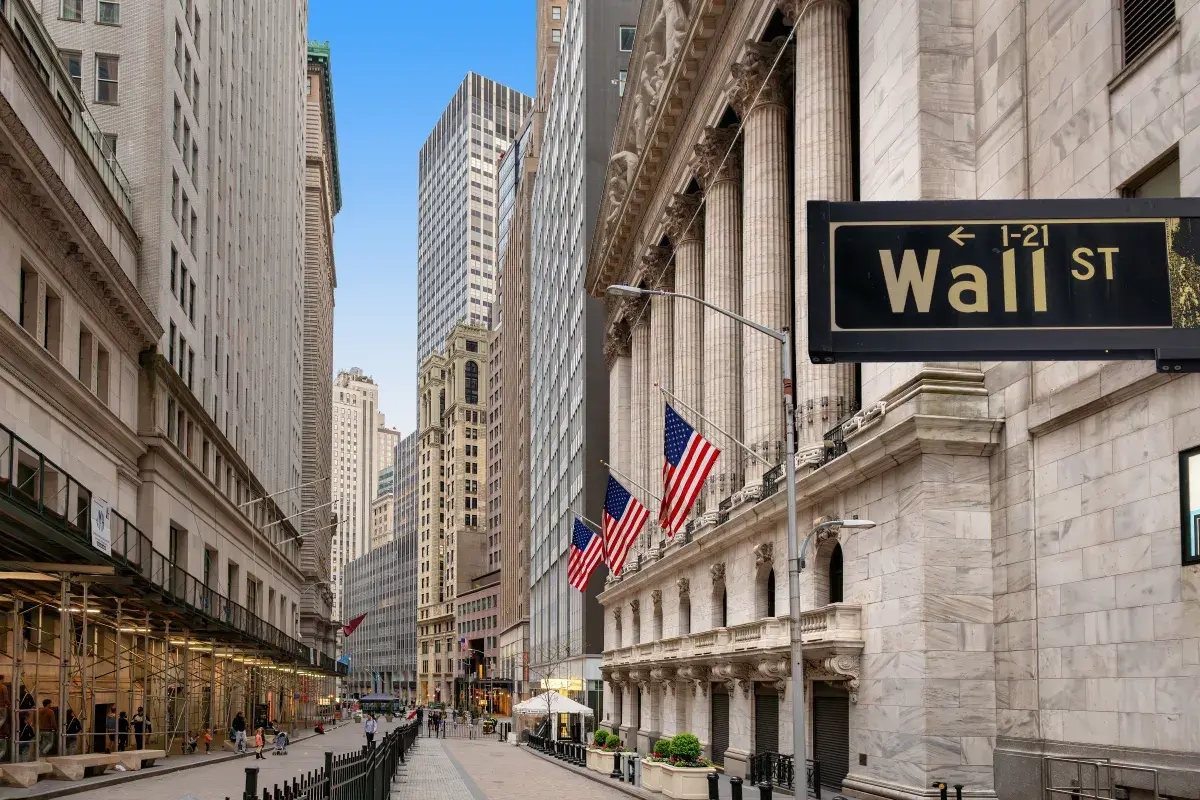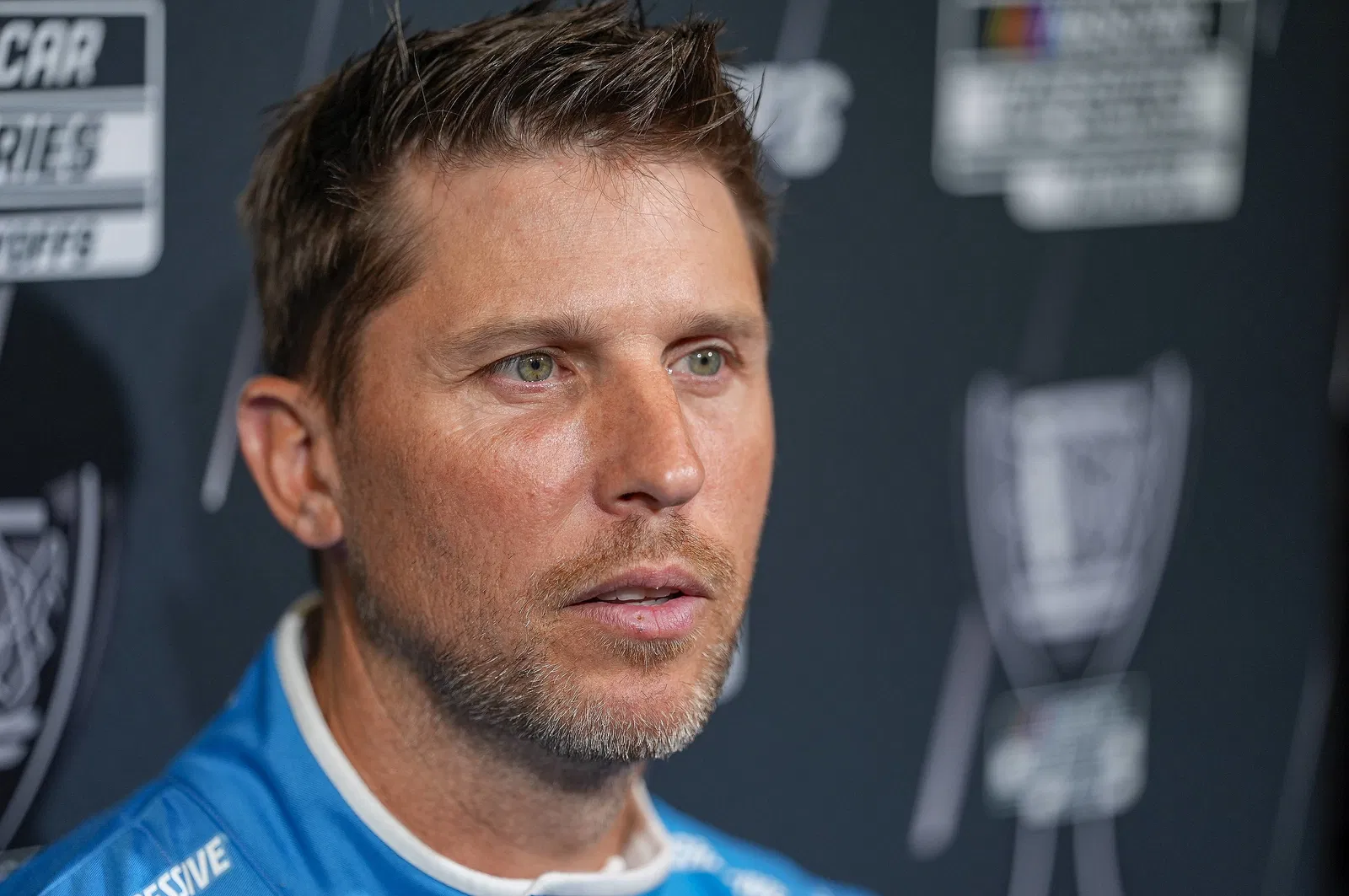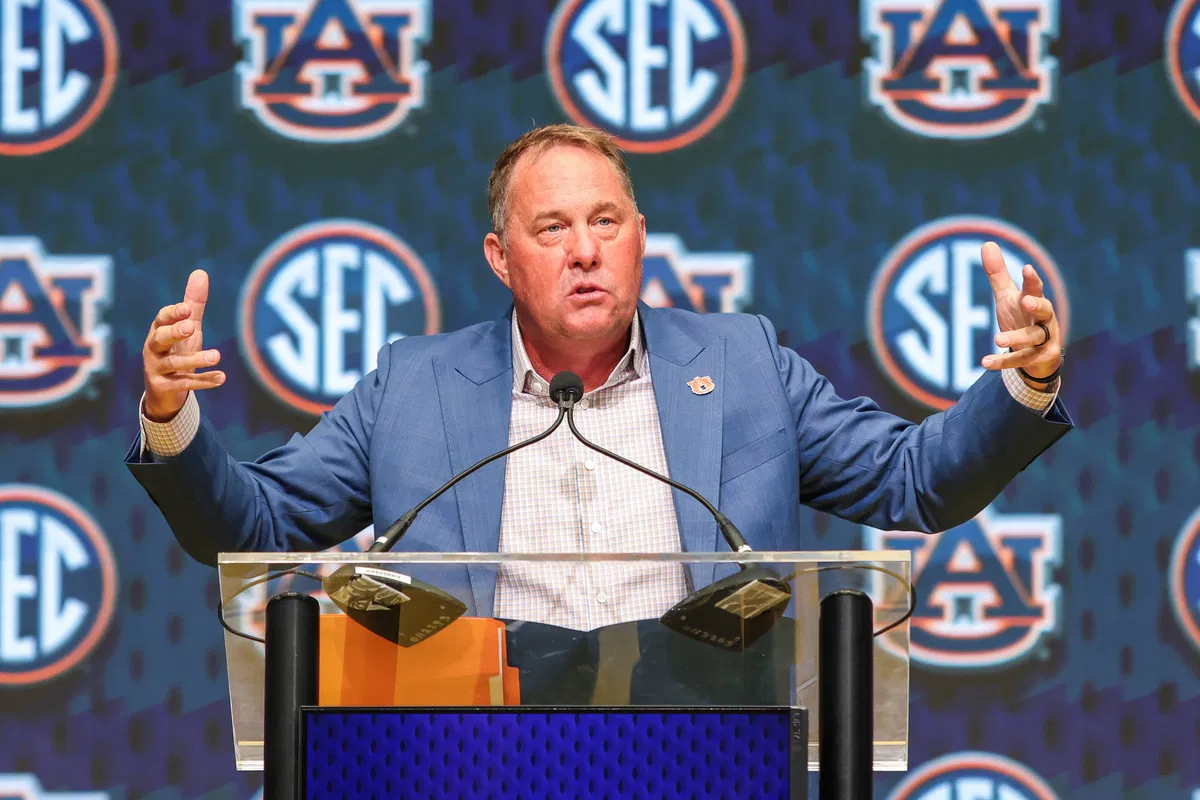Copyright Newsweek

Bank of England Governor Andrew Bailey sounded the alarms on the recent collapse of two U.S. auto businesses, First Brands and Tricolor, during testimony before the House of Lords this week, according to reports. Why It Matters Bailey’s remarks come as millions of Americans remain concerned about the state of the country’s economy. Economic woes like high prices, a difficult housing market, and a stagnating hiring market continue to fuel worry for people across the country. Some forecasters and economists have predicted that the U.S. could face a recession over the next year. What to Know Bailey raised concerns about the collapse of First Brands and Tricolor, two auto parts companies that have both recently declared bankruptcy. Their failures have hit the private credit industry. The New York Times reported earlier in October that companies like Jeffries, UBS and BlackRock were involved in First Brands’ financing and have faced exposure due to its bankruptcy. Bailey told British lawmakers that he is concerned these bankruptcies could be “the canary in the coal mine,” rather than isolated events, reported The Guardian. “Are they telling us something more fundamental about the private finance, private asset, private credit, private equity sector, or are they telling us that in any of these worlds there will be idiosyncratic cases that go wrong?” he said, adding that it is a “very open question” in the United States, the publication reported. It’s important to probe whether this is a signal of a wider economic worry, he said. “I don’t want to sound too foreboding, but the added reason this question is important is if you go back to before the financial crisis when we were having this debate about sub-prime mortgages in the US, people were telling us: ‘No it’s too small to be systemic; it’s idiosyncratic.’ That was the wrong call,’” he said, per The Guardian. He warned that he is seeing “slicing and dicing and tranching of loan structures going on,” which would set off “alarm bells” for anyone who was involved in the financial sphere before the 2008 crisis. Mark Williams, master finance lecturer at Boston University's Questrom School of Business with experience as a regulator for both the San Francisco and Boston Fed, told Newsweek these companies’ collapses should raise concerns, as he doesn’t believe they are isolated events. “Private credit has grown exponentially and gone mostly unchecked. The US with over $1 trillion in loans, is the single largest market. Previous recessions including the 2008 Great Recession were triggered by similar risky lending practices. Such relaxed lending practices could cause more bankruptcies, greater private lender losses, eventually spilling over to the broader global economy,” he said. Private credit has stepped in when traditional banks have declined to invest and have engaged in “overly aggressive lending practices,” he said. They have made “large concentrated bets” and have been able to do so without adequate oversight, he said. Policymakers should extend regulations and set higher standards, capital requirements and corporate governance to prevent this from becoming a wider financial crisis, he said. “The rapid deterioration in a risky $3 trillion plus risky private credit market should not be ignored. The US economy remains fragile as measured by slowing GDP growth, rising unemployment and stubbornly high inflation. Should greater bankruptcies and losses in the private credit sector materialize, this could be a transmission mechanism that triggers the next recession,” he said. Fallout continues over the bankruptcies. Jeffries CEO Rich Handler told investors last week he believes the bank was “defrauded” amid questioning about its exposure to First Brands Group’s bankruptcy, reported Fortune. “I’ll just say, this is us personally, we believe we were defrauded, okay, from a company,” he said. Santander Bank also had $55 million in debt exposure to First Brands, as reported by Reuters on Wednesday. What People Are Saying JPMorgan CEO Jamie Dimon told reporters, per Fox Business, after the Tricolor’s bankruptcy: “When something like that happens, you can assume that we scour every issue, every universe, everything about how it could be taking place to make sure it doesn't take place from here.” Barclays CEO C.S. Venkatakrishnan told Bloomberg: “Credit is something that you do over the cycle. I think you have to be extremely careful at all points in the cycle about who your client is, your client selection, the terms under which you lend, your concentrations, how much you lend industry sectors. We take this very seriously. We take this over the cycle. We had an exposure to Tricolor. I’m obviously not happy about it. We are looking at what lessons we learned.” What Happens Next The financial industry continues to reel over the bankruptcies. Whether or not this becomes a wider issue, and if Bailey’s warnings prove true, will be seen over the coming months.



